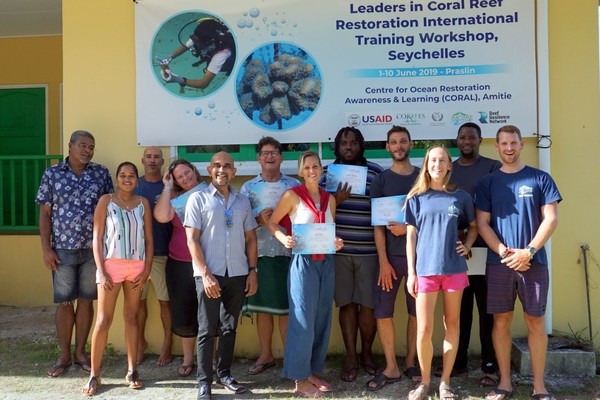Wildlife & Wilderness

Coral Reef Restoration Workshop, Seychelles
Each year we operate a number of wildlife focused tours and cruises and the welfare of wildlife and its natural habitat is very important to us. We actively avoid experiences that exploit animals and seek to improve animal welfare in the activities that we offer by improving education, enhancing species protection and aiding in conservation.
We follow ABTA’s guidelines for best practice, Global Welfare Guidance for Animals in Tourism, and in consultation with our wildlife experts and local guides, have produced our own specific guidelines to help steer our guides and passengers to have only a minor or transitory impact on the wildlife and wilderness they encounter. Some places we visit have robust guidelines which match our own, but many do not and so our guidelines serve as a best practise in order to conduct our visits in the most careful and respectful way to avoid any disturbance or harm.
We work hard to ensure that any interaction with wildlife is non-invasive and respectful of the habitat and our guidelines include details on how to best approach and behave around wildlife, avoiding stepping on delicate vegetation/mosses/artefacts, the minimum distances to various types of wildlife by foot vs Zodiac vs ship, minimising the spread of soils/seeds and biological materials between islands, and a no-touch and no-take of any natural or historical items (feathers, stones, shells, artefacts, flowers, etc.)
In addition, our Charitable Trust supports many wildlife projects to ensure we maintain long term benefits for wildlife in the areas we visit. These include the Adopt A Penguin scheme run by the UK Antarctic Heriage Trust, The Guillemot Campaign in Skomer, Wales, coral reef restoration workshops in the Seychelles and working with the World Cetacean Alliance to create an online training course to mitigate the impacts of ship strikes and boat disturbance on whales, dolphins and porpoises.





